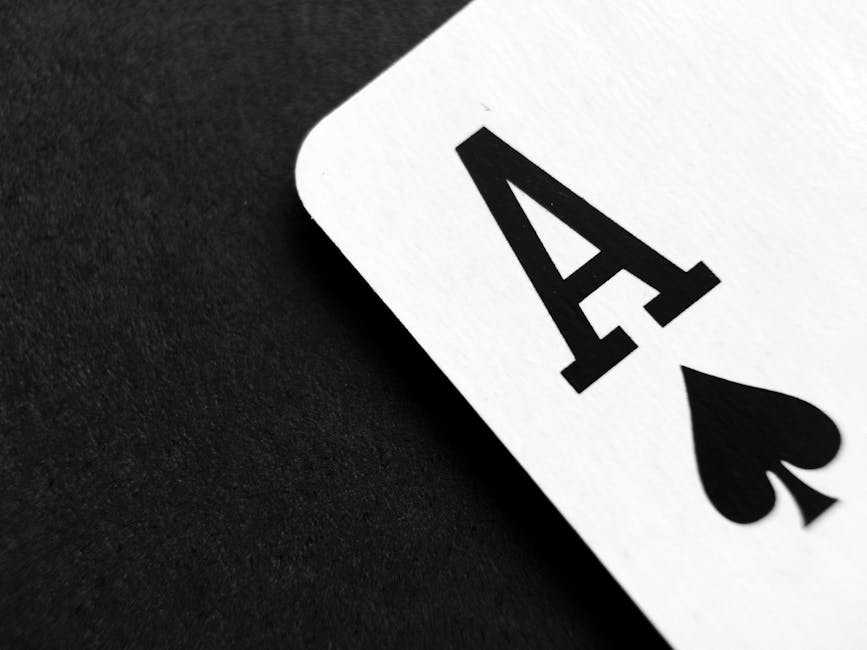When the House Loses Control
2026 didn’t just deliver a few headlines it cracked the foundation of the betting world. From pro athletes under investigation to shady account behavior on major apps, the red flags came fast and stacked higher than ever. For an industry that prides itself on numbers, objectivity, and tight security, these scandals felt personal. The illusion of control is officially over.
So, what changed? In short: everything got bigger, faster, and harder to police. Legalized sports betting spread across more jurisdictions. Mobile apps made real time wagers the default. And digital betting wasn’t just for hardcore fans anymore casual users turned into daily gamblers, and with more action came more risk. The system, already stretched thin, couldn’t keep up.
Rules improved on paper, but enforcement lagged. Meanwhile, opportunists some inside the locker room, others far outside found clever ways to push the limits or just blow right past them. In 2026, regulation wasn’t broken. It was simply outmatched. And the headlines proved it over and over again.
The Jontay Porter Saga
Jontay Porter, a former NBA player, found himself at the center of one of 2026’s most high profile betting scandals. The investigation began when suspicious betting patterns emerged during games in which Porter played limited minutes or didn’t play at all. A handful of unusual prop bets hit unusually hard, triggering a red flag inside sportsbook algorithms and alerting league officials to take a closer look.
What followed was a fast unraveling of events. Canadian authorities, along with the NBA and sports betting regulators, launched a full scale probe into Porter’s betting history and potential connections to third parties. Surveillance logs, betting slips, and communications were combed through. It didn’t take long before the league issued a suspension pending investigation, as the story caught fire in headlines and across social media.
The fallout was swift. Sportsbooks scrambled to reassure bettors about the integrity of their platforms. Fans questioned just how much control leagues really have over athlete behavior. And once again, the conversation turned toward the pressure of prop bets how they can distort incentives and tempt individuals on the fringes of the spotlight.
For athletes, this case is more than a cautionary tale it’s a signal that the line between competition and corruption is thinner in a world wired for real time wagering. The Porter incident forces leagues to tighten compliance, push education, and reinforce what integrity in professional sports actually means.
Read the full breakdown of the investigation here.
Loopholes and Lapses in Oversight

If 2026 proved anything, it’s that the systems meant to keep sports betting clean aren’t built for the pace and complexity of today’s digital reality. By the time red flags were raised suspicious prop bets, sudden line moves, abnormal performance shifts the damage was already done. The tools in place for monitoring didn’t fail outright; they just weren’t fast enough. Most rely on pattern recognition and manual reviews, which don’t cut it when bets move in seconds and signals are subtle.
But it wasn’t just about tech lag. In several cases, the lines between neglect and willful blindness blurred. Some sportsbooks flagged unusual behavior delayed action or unexplained spikes in specific bet types but those alerts didn’t always travel, or weren’t forcefully escalated. Whether due to internal politics, fear of losing high rolling customers, or just fatigue, too many stakeholders stayed quiet when it counted.
That’s starting to change. Investigators are calling for more data transparency between leagues, sportsbooks, and regulators. Real time flagging systems are being stress tested. Internal compliance teams are being given teeth and accountability platforms. The idea: less waiting, more acting.
Oversight won’t ever be perfect. But 2026 made it painfully clear that the longer you look the other way, the bigger the mess you’re left to clean up.
Ripple Effects Across Sports and Platforms
In the wake of recent scandals, confidence in athlete prop bets has taken a serious hit. Bettors are more cautious. Regulators are on edge. And sportsbooks? They’re no longer taking chances. The idea that one player’s performance could be manipulated with a single play from a missed free throw to fewer minutes on the field has turned what used to be fan favorite bets into red flag territory.
Major operators are tightening up risk protocols fast. Some books have pulled certain prop offerings altogether, especially those tied to in game performance stats. Others are dialing up their internal monitoring, flagging irregular action in real time, not days later. The goal is to catch sharp anomalies before they spiral and ideally, before the internet catches it first.
This has real consequences for the markets most bettors live in: live and in play wagering. These bets are volatile by nature, but now they’re being scrutinized through a much narrower lens. Volume thresholds are lower, access is more restricted, and some props are being delayed or cut entirely to allow backend systems time to assess risk.
At the center of it all is trust. If sportsbooks lose it, they lose everything. And right now, they’re betting that tighter control is the only way to win it back.
Hard Truths the Industry Can’t Ignore
Trust isn’t a nice to have in sports betting it’s the whole house of cards. Once it cracks, everything gets shaky fast: fan confidence, sportsbook stability, and player reputations all go under the microscope. That becomes a problem when high visibility meets high velocity, like it did in 2026.
Despite more eyes on the industry and supposedly tighter regulation, internal education still isn’t cutting it. Many athletes don’t fully grasp the rules they’re expected to follow. Meanwhile, compliance officers are stretched thin or chasing paperwork instead of real risk signals. Everyone loves the money. Less attention gets paid to the mechanics that keep it clean.
Behind the scenes, there’s movement. Private roundtables between leagues, sportsbooks, and regulators are becoming more common. These talks are shaping new guardrails more tech that flags patterns faster, better onboarding for athletes, possibly even betting bans on hyper specific markets. Nothing official yet, but the pressure’s real.
Cleaning house isn’t a PR move it’s survival. The next scandal could be bigger. And if integrity collapses, the whole system’s at risk of folding.
Key Lessons from 2026’s Betting Blowups
The scandals that rocked sports betting in 2026 didn’t just expose bad behavior they revealed system level flaws in how leagues and platforms handle integrity. The first lesson? Speed matters. The faster a red flag is detected, the less damage it does. But detection alone isn’t enough. If consequences are unclear or toothless, bad actors keep taking risks. Strong deterrents lifetime bans, legal consequences, withheld earnings need to be in plain sight, not behind legal tape or closed door investigations.
Transparency wasn’t optional in 2026. The public saw what silence breeds: distrust, speculation, and deeper reputational harm. Leagues and sportsbooks who responded quickly, explained their moves, and owned their oversight gaps came out better than those who stalled or dodged. Open communication became its own kind of risk management.
The Jontay Porter case drove this lesson home. An athlete flagged for betting irregularities, triggering an investigation that sent shockwaves across the NBA and beyond. What it exposed wasn’t just an individual’s lapse in judgment it showed how deeply gambling culture has embedded itself in sports, and how softly the guardrails were built. It’s no longer enough to have rules on paper. In 2026, those who enforced them openly, swiftly, and consistently were the ones who kept trust intact.


